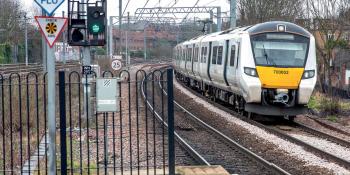It’s now quite clear private sector involvement in the passenger railway will be based on a concession model, with fares and service specifications set by national or regional government. Competition for the concessions will be based on cost and quality, with incentives and penalties based on performance metrics. Performance regimes may well be quite intrusive, with armies of inspectors armed with clipboards counting, for example, the number and size of pieces of litter on trains and station platforms. Or monitoring may be more output-based, using metrics such as punctuality and reliability, customer satisfaction surveys and measurement of ticketless travel.
The likelihood is there will be a mix of both approaches. London Overground is subject to quite intrusive monitoring, which is expensive to operate and may seem quite draconian – but has delivered a high-quality inner London network. Whichever approach is adopted, it would be naïve to believe the industry will magically move to a world where contracts don’t matter and there are no disputes.
There are big questions over and above the nitty-gritty of the new contractual relationships. In the short-term, the decisions on most of the network have cle…




